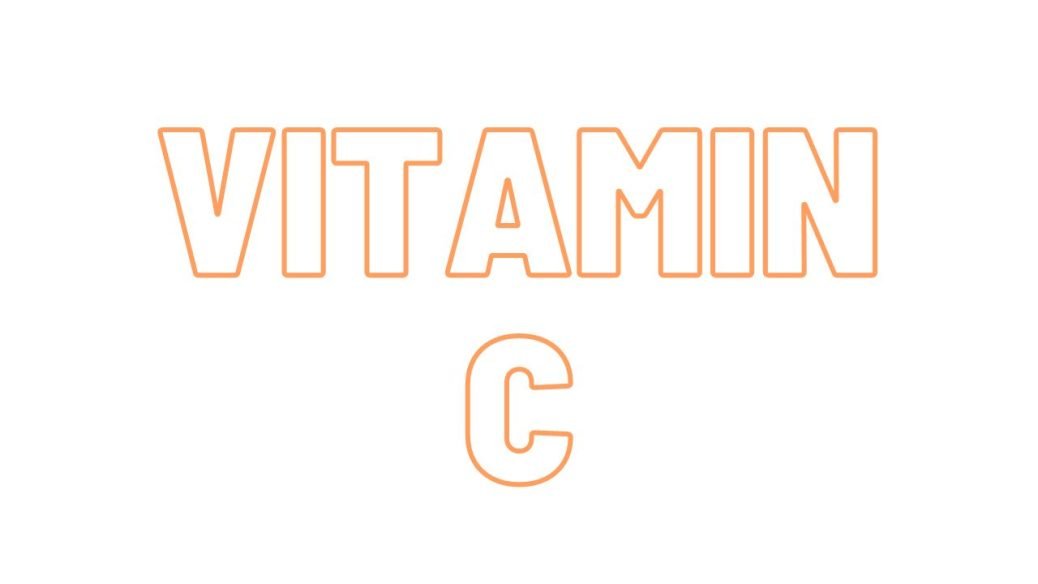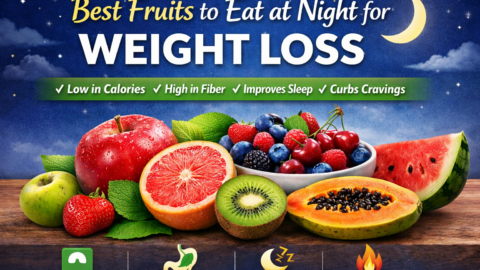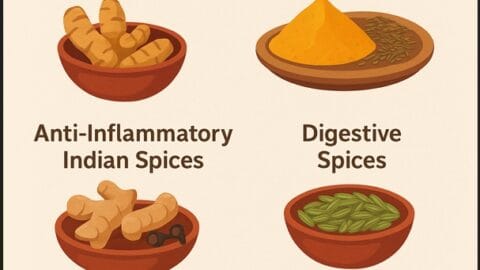Vitamin C, also known as ascorbic acid, is a powerful antioxidant that plays a crucial role in our health. It is an essential nutrient that our bodies cannot produce on their own, meaning we must obtain it through our diet or supplements.
In this blog post, we’ll explore the benefits of vitamin C, how it works in the body, and the best ways to get enough of this essential nutrient.
Benefits of Vitamin C
Vitamin C has numerous health benefits, including
- Immune System Boost: Vitamin C is well-known for its immune-boosting properties. It helps to stimulate the production of white blood cells, which are crucial in fighting off infections and diseases.
- Wound Healing: Vitamin C is essential for the formation of collagen, a protein that is crucial for the growth and repair of tissues. This makes it an important nutrient for wound healing.
- Antioxidant: Vitamin C is a powerful antioxidant that helps to protect our cells from damage caused by free radicals. Free radicals are unstable molecules that can cause oxidative stress, which has been linked to numerous health problems.
- Skin Health: Vitamin C is important for the production of collagen, which is essential for healthy skin. It also has anti-aging properties and can help to reduce the appearance of wrinkles and fine lines.
- Heart Health: Vitamin C has been linked to a reduced risk of heart disease. It can help to lower blood pressure and improve blood vessel function.
How Vitamin C Works?
Vitamin C is a water-soluble vitamin, which means that it dissolves in water and is not stored in the body. This means that we need to consume it regularly to maintain adequate levels.
Once we consume vitamin C, it is absorbed into the bloodstream and transported to the cells throughout the body. It is then used in numerous processes, including the production of collagen, the synthesis of neurotransmitters, and the metabolism of fat.
Vitamin C also acts as a powerful antioxidant. It helps to neutralize free radicals, which are unstable molecules that can cause damage to our cells. This damage can lead to numerous health problems, including cancer, heart disease, and Alzheimer’s disease.
Best Sources of Vitamin C
The best sources of vitamin C are fruits and vegetables. Some of the best sources include:
- Citrus fruits: Oranges, grapefruits, lemons, and limes are all great sources of vitamin C.
- Berries: Strawberries, raspberries, blueberries, and blackberries are all packed with vitamin C.
- Kiwi: Kiwi is one of the highest sources of vitamin C among fruits.
- Vegetables: Broccoli, Brussels sprouts, red and green peppers, and spinach are all excellent sources of vitamin C.
Supplements are also available if you are not getting enough vitamin C from your diet. However, it is generally recommended to get your nutrients from whole foods whenever possible.
Conclusion
Vitamin C is a powerful nutrient that plays numerous important roles in our bodies. It is essential for our immune system, wound healing, and skin health. It also acts as a powerful antioxidant and has been linked to a reduced risk of heart disease.
To get enough vitamin C, it is important to eat a diet rich in fruits and vegetables. If you are not getting enough from your diet, supplements are also available. Remember, vitamin C is just one of the many important nutrients that our bodies need to function properly. A well-rounded diet that includes a variety of fruits, vegetables, whole grains, and lean proteins is essential for optimal health.





